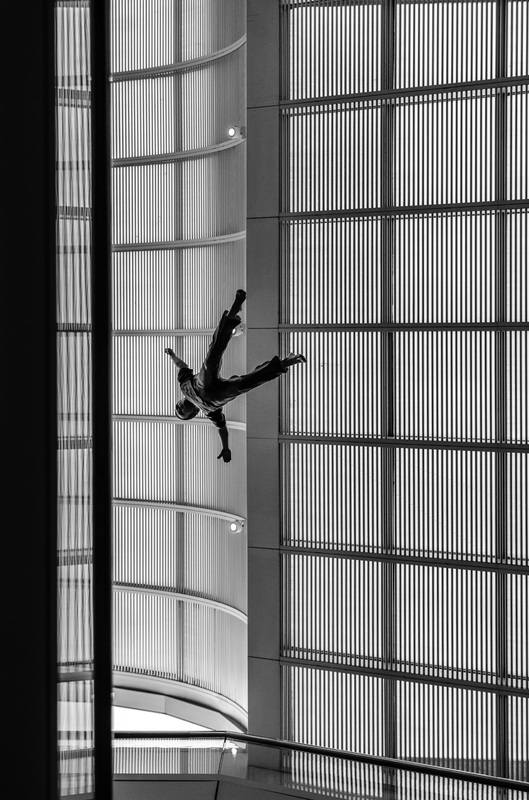In our last post we looked at how understanding how humans perceive figure-ground can help improve the composition of your photos. But figure-ground is only the first step. Humans use other Gestaltian principles when perceiving the visual world. Mostly these principles are assumptions that allow us to perceive more than what we are actually sense. Hence the name 'gestalt' meaning whole or in other words how we perceive more than what we sense.
Closure
One of these principles is closure. Here, when faced with incomplete visual information our brain fills in the missing elements. Knowing them the human brain is a meaning machine photographers can capitalize on this mental activity by purposely forcing the viewer to close off images thus keeping them engaged in the photo for longer.
Closure
One of these principles is closure. Here, when faced with incomplete visual information our brain fills in the missing elements. Knowing them the human brain is a meaning machine photographers can capitalize on this mental activity by purposely forcing the viewer to close off images thus keeping them engaged in the photo for longer.







 RSS Feed
RSS Feed
